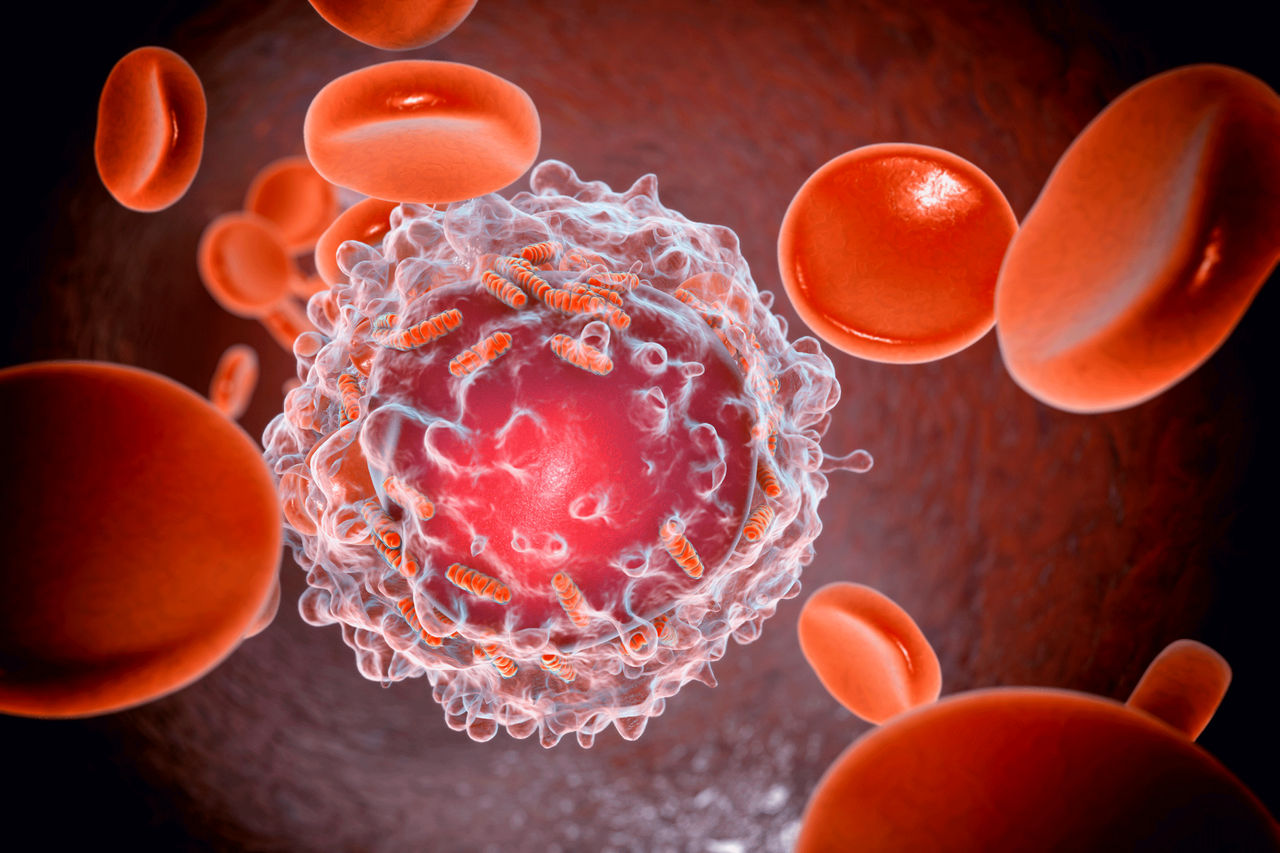Mitochondrial DNA (mtDNA), typically associated with energy production in cells, has long been recognized as vital to fueling cancer growth.

However, its precise contribution to leukemia has remained unclear. A new study by scientists at St. Jude Children’s Research Hospital sheds light on this underappreciated role, revealing how varying levels of mutated mtDNA can impact leukemia cells in surprising ways.
The research, published in Science Advances, focused on leukemia cells with different amounts of mutated mtDNA. It found that while leukemia growth was blocked in cells with fully mutated mtDNA, a moderate amount of mutations actually increased cancer growth.
The researchers discovered that amplifying an enzyme involved in energy production could restart cancer growth even in cells with entirely mutated mtDNA.
These findings point to a previously unexplored link between mitochondrial DNA and the metabolic functions of cancer cells.
mtDNA is located within the mitochondria and contains just 37 genes, primarily responsible for energy production. Mutations in this DNA occur similarly to those in nuclear DNA, but understanding their impact on cancer has been challenging.
Thanks to recent advances, Mondira Kundu and her team at St. Jude’s Department of Cell and Molecular Biology have begun addressing this gap in knowledge.

“The role of mitochondrial DNA mutations in cancer is controversial,” Dr. Kundu explained. “Some studies suggest they are pro-tumorigenic, while others argue they have no impact. Until now, it’s been largely unknown.”
To investigate this further, the team used a leukemia mouse model with a defective genetic proofreading system called Polg, which gradually accumulates mtDNA mutations.
By disrupting Polg’s proofreading function, they could observe how varying levels of mtDNA mutations affected tumor growth.
The researchers discovered that mice with a moderate number of mutated mitochondria (heterozygous mice) experienced increased leukemia growth.
In contrast, mice with a high number of mutations (homozygous mice) saw tumor growth inhibited. This finding challenges the traditional “all-or-nothing” view of mtDNA mutations in cancer.
“Our results suggest that an intermediate level of mitochondrial mutations might actually promote leukemia,” Dr. Kundu said. “This has been an important shift in our understanding of how mitochondrial DNA mutations impact tumor growth.”
The increased growth in heterozygous mice may be linked to the leukemia cells’ ability to adapt to and survive in the harsh tumor environment, a phenomenon known as metabolic plasticity.
“A little bit of metabolic stress seems to make the cells more adaptable, increasing their susceptibility to oncogenes,” Dr. Kundu explained. “On the other hand, too much stress, as in homozygous mice, essentially shuts the cells down.”
To investigate the underlying mechanisms, the researchers focused on pyruvate dehydrogenase, an enzyme that regulates cellular metabolism.
They found that blocking an “off switch” for this enzyme in homozygous mice restored the plasticity of the leukemia cells, allowing growth to resume. This suggests that the citric acid cycle in these cells had effectively shut down, but stimulating it could reignite the cancer growth.
In conclusion, the study provides compelling evidence that moderate levels of mtDNA mutations can contribute to leukemia development, while complete disruption of mitochondrial function may inhibit tumor growth. These insights open up new possibilities for understanding and potentially treating leukemia by targeting mitochondrial DNA and its role in cellular metabolism.


